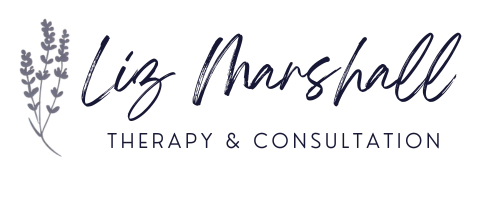The Gift of Beginner’s Mind: Learning & Growing as Therapists
As someone who has just journeyed through my first winter in Maine, I have never been more excited to see a forecast for weather above 50°F. The ongoing political chaos, combined with the long, cold months, has left my body craving time outside—hiking, exploring, and noticing the first signs of new growth, even as the trails remain muddy from the slow thaw.
This January, with encouragement from several mentors, I decided to add a new tool to my clinical toolbox and signed up for Brainspotting training. Having called EMDR my home modality for so long, it felt both invigorating and humbling to stretch into something new— that might allow me to reach clients in different ways. If you’ve worked with me in group or individual consultation, you know how much I love learning and how energized I get by diving into new approaches. What stood out most in this training was the invitation to return to a “beginner’s mind”—to embrace curiosity and openness, even when things feel uncertain.
A core theme in Brainspotting is the principle of uncertainty. Like EMDR and IFS, we can’t always predict how a client’s system will process or respond, and that vulnerability can feel daunting as we hold space for others. Yet, it’s through our willingness to tolerate this uncertainty and maintain a compassionate, mindful presence that clients often discover their own power to change. I’ve noticed this same pattern in our work as clinicians: the messy, sometimes awkward process of learning new concepts, trying out new tools, and fumbling through explanations as we find our footing. It’s in this messiness—this willingness to experiment and risk not knowing—that real growth happens, both for us and for those we serve.
Spring is a perfect metaphor for this process. The landscape is muddy, unpredictable, and at times, chaotic. But beneath the surface, growth is happening—often in ways we can’t yet see. The courage I witness in clinicians who show up to consultation, ready to try, to stumble, and to learn, mirrors the resilience of new shoots pushing through thawing ground. Your willingness to embrace the mess and uncertainty of growth creates a powerful model for your clients, inviting them to try on their own confidence and courage.
On the theme of “beginner’s mind,” I also want to highlight a wonderful resource: Tom Zimmerman’s EMDR for Complex Trauma. Tom has written the book he wished he had when first learning EMDR, and it’s filled with clear metaphors and exercises for each of the eight phases. I’ve been making my way through it slowly and highly recommend reading a chapter here and there to nurture your own growth and confidence in offering EMDR to your clients.
If you’re looking for a supportive community to strengthen your courage and skills, it would be a gift to have you join one of my consultation drop-in groups or cohort groups.
As we move into this season of renewal, may we all find the courage to embrace the muddy, messy paths of growth—trusting that, with time and care, new possibilities will emerge.
